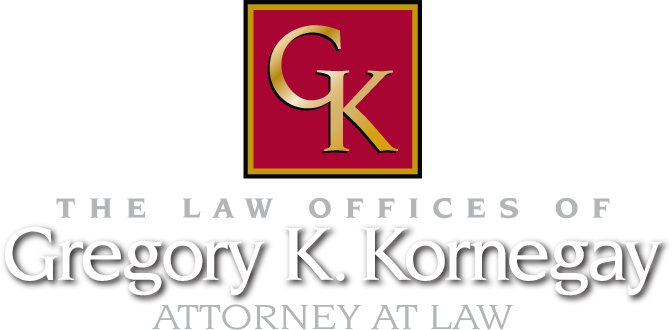Social Security Disability Glossary
Administrative Law Judge (ALJ)
– A Social Security judge that conducts Social Security disability hearings to determine if a person should receive disability benefits.
Appeals Council
– The last level of review for a disability case after an administrative law judge has denied benefits. After this, the claimant must go to federal court to appeal their case.
Application for Benefits
– You must apply for disability by completing and signing an application.
Award
– When the Social Security Administration has cleared a case for payment after a favorable decision. Normally, the Social Security Administration will send a “notice of award” letter to the claimant after a favorable decision stating the amount of the award.
Benefit Suspension
– When the Social Security Administration stops paying the recipient, even though the recipient is still eligible to receive benefits. For example, it may be that the recipient had excess income while drawing SSI or it may be that a regular disability recipient engaged in work over the substantial gainful activity level.
Benefit Termination
– When the Social Security Administration stops paying the recipient because the recipient is no longer eligible to receive benefits.
Consultative Examination
– When the Social Security Administration sends the claimant to a Social Security doctor or psychologist to be examined. The Social Security Administration pays for this examination.
Continuing Disability Review (CDR)
– When the Social Security Administration reviews your disability case to determine if your disability should continue.
Disability Determination Services (DDS)
– A state agency that develops medical evidence for the Social Security Administration. After developing medical evidence for a case, DDS will make an initial determination as to whether someone is disabled and will make another determination at the reconsideration level.
Good Cause Statement
– A written statement by a claimant that explains why he or she missed an appeal deadline (i.e. normally 60 days from receiving the denial). It may be that the Social Security Administration’s own actions caused the claimant to miss an appeal deadline, such as sending the denial to the wrong address. Sometimes, the claimant’s physical or mental problems may prevent the filing of an appeal, such as when there is a hospitalization. The longer the claimant waits to file a good cause statement, the harder it is for the Social Security Administration to allow the case to go forward.
Initial Determination
– The first decision by the Social Security Administration as to whether a person is disabled. After receiving the first decision, a person normally has 60 days in which to appeal – in other words, 60 days in which to request a reconsideration.
Medical Improvement Expected
– When the Social Security Administration expects your disabling medical impairment to improve. A hearing for review may be scheduled within three years after a favorable decision.
Medical Improvement Review Standard (MIRS)
– A standard the Social Security Administration uses when deciding if disability payments should be stopped because of medical improvement. The Social Security Administration must determine if the medical condition has improved since the last favorable decision and must determine if the person can engage in substantial gainful activity (SGA).
Reconsideration
– The written appeal that must be taken after an initial denial of disability benefits in order for the case to go forward. Generally, you have 60 days in which to request a “reconsideration” after an initial denial of disability.
Resources
– Anything you own that can be used for support and maintenance.
Request for Hearing
– The next appeal that a person takes after their request for reconsideration has been denied. A person normally has 60 days in which to request a hearing after receiving a denial of their reconsideration. This is the first chance that a person will have of having a face-to-face conversation with a decision maker in the Social Security Administration.
Social Security Disability Insurance (SSDI)
– Benefits for the disabled who have contributed to the Social Security trust fund. Eligibility will depend on your earnings.
Substantial Gainful Activity (SGA)
– Working and earning a certain amount each month. The amount earned that constitutes SGA changes each year. Both work activity and the specified amount must be present in order to be considered SGA. The work must involve substantial physical or mental duties and be done for pay.
Supplemental Security Income (SSI)
– A payment assistance program for those with low income and limited resources. You must still be disabled to be eligible.
Unsuccessful Work Attempt (UWA)
– An attempt to work that will last 3 months or less but ends because of a medical impairment. Unsuccessful work attempts can show a willingness to work that supports the claimant’s credibility.
Video Teleconference Hearings
– When an administrative law judge (ALJ) holds a hearing while located in one place and the claimant is located in a different place. The claimant must consent to this type of hearing.
Vocational Expert
– A witness that testifies at a Social Security disability hearing as to specific jobs a claimant can or cannot perform.
Vocational Rehabilitation (VR)
– A public program that helps people with disabilities become employed.
What Our Clients Say:
Member:

Attorney Gregory Kornegay
Greg is a trial attorney in Wilmington with over 30 years of experience. Greg was born and raised in southeastern North Carolina. Before law school he managed a store with employees making a payroll every week. His first job out of law school was as an Assistant District Attorney investigating and trying cases for the State of North Carolina. Through the years he has handled many different types of cases – including death penalty cases.
Being married with children has been a blessing and a challenge, but has served him well in understanding the problems individuals and families face as they live out their lives. Greg believes that each case is different and the needs of each client are unique, but there are certain themes of life that we all share.


